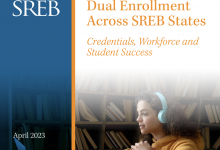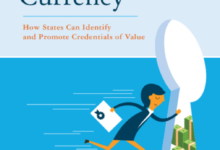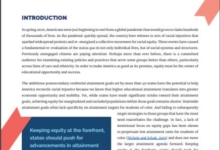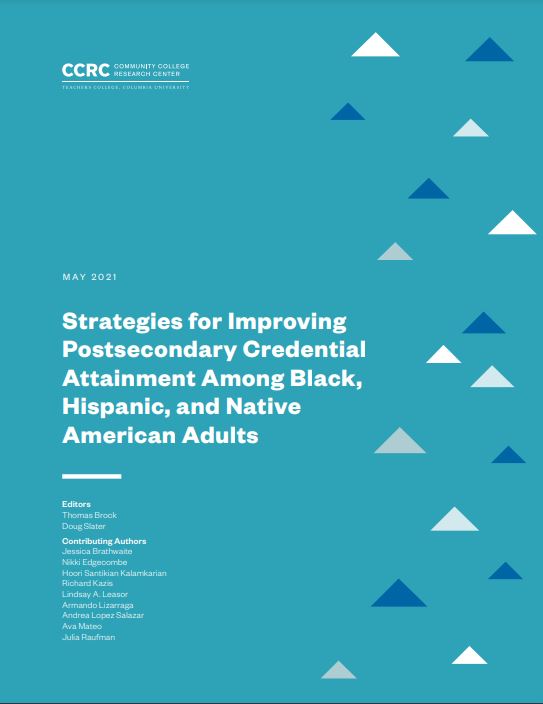The COVID-19 pandemic resulted in the highest unemployment rate the U.S. has seen since the Great Depression, with particularly heavy job losses for Black, Hispanic, and Native American workers. In this set of studies, the Community College Research Center explores actions that states and community colleges can take to address the needs of racially minoritized adult learners who are pursuing postsecondary education and training as a path to re-employment, better jobs, and higher incomes.
The researchers provided the following recommendations for addressing the needs of Black, Native American, and Hispanic students in community colleges:
1) By aligning short-term credentials with community college degree programs, community colleges can help workers earn a certificate, industry certification, or other credential with labor market value and build credits toward an associate or bachelor’s degree.
2) Bundling and sequencing student support services will create a more cohesive and responsive experience for adult students at each stage of their academic journey.
3) To deliver culturally sustaining supports and instruction, institutions will need to think differently and more creatively about the programs, courses, and services they offer and what they can do to make the college experience more enriching and affirming for racially minoritized adults.







